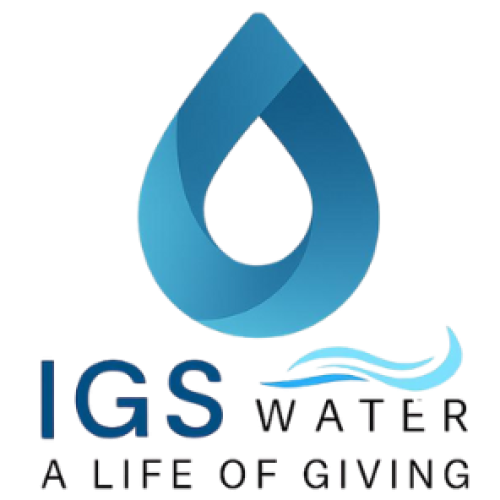Vertical farming has been hailed as the future of agriculture—stacked layers of crops growing in controlled environments, using less land and fewer resources while feeding growing populations. From futuristic skyscraper farms to container-based setups, the concept promises sustainability and efficiency.
But behind the innovation lies a set of challenges, many of which stem from one crucial factor: water quality.
At IGS Water, we understand that water is the lifeblood of vertical farming. Without properly managed water, the very system that promises abundance can quickly face costly problems.
The Common Problems in Vertical Farming
- Waterborne Diseases
Recirculating water systems in vertical farms can spread pathogens like Pythium and Fusarium rapidly across entire crop layers. Even a small contamination can wipe out significant portions of produce. - Algae Growth in Water Systems
Algae thrive in nutrient-rich, well-lit environments. If left unchecked, algae can clog irrigation lines, disrupt nutrient delivery, and compete with crops for oxygen. - Imbalanced Nutrient Distribution
Vertical farms rely on precision—plants need the right nutrient concentrations at every stage. Poor water mixing or oxygen deficiencies can lead to uneven growth, stunted plants, and yield loss. - High Energy Consumption
Pumping and circulating water across multiple layers often demands high energy. If water quality isn’t optimized, systems require more filtration, pumping, and maintenance, driving costs even higher. - Root Zone Oxygen Deficiency
In hydroponics and vertical farming, roots are often submerged or exposed to flowing water. Without adequate dissolved oxygen, roots suffocate, leading to slower growth and crop loss.
Why Water Quality Matters More Than Ever
Vertical farming removes soil from the equation, leaving water as the sole medium for delivering nutrients and oxygen. That means:
- If water is clean, balanced, and oxygen-rich → crops thrive.
- If water is contaminated or oxygen-poor → the entire farm suffers.
It’s not enough to just supply water—it must be the right kind of water.
Smarter Water Management for Vertical Farming
At IGS Water, we help address these challenges through advanced water technologies designed to:
- Maintain optimal oxygen levels in irrigation water for healthier root systems.
- Reduce algae formation by disrupting conditions that allow it to spread.
- Improve nutrient distribution so every plant, in every layer, gets what it needs.
- Lower operational costs by reducing the need for constant cleaning, maintenance, and energy-intensive pumping.
With the right water systems in place, vertical farms can overcome hidden problems and deliver on their promise of sustainable, large-scale food production.
The Future of Farming Depends on Water
While vertical farming offers exciting opportunities for cities, communities, and businesses, its success depends on how well we solve water-related challenges. Without proactive water management, even the most high-tech farms risk inefficiency and financial loss.
At IGS Water, we believe that by investing in smarter water quality solutions, vertical farmers can protect their crops, maximize yield, and truly shape the future of agriculture.

